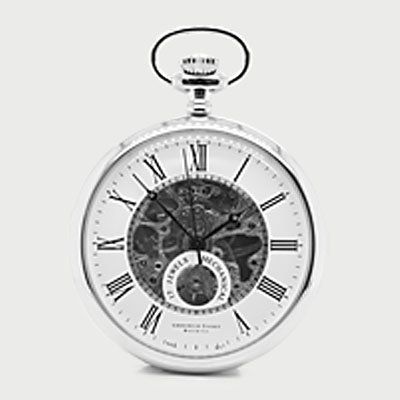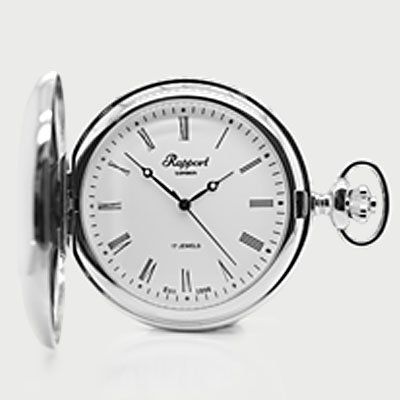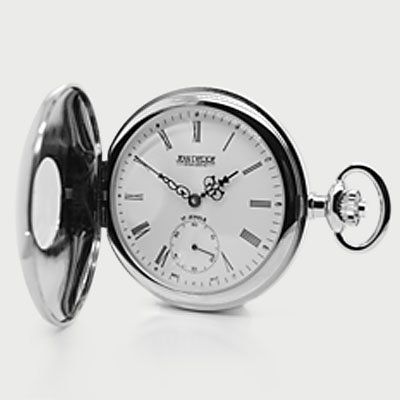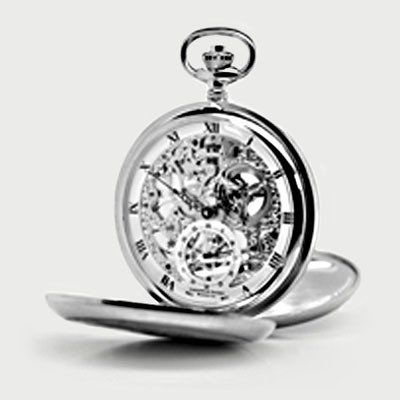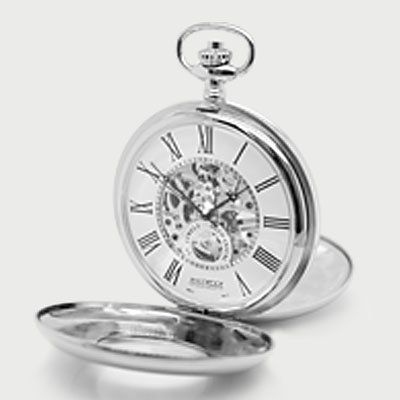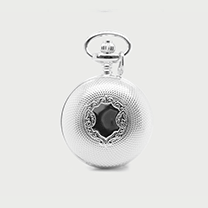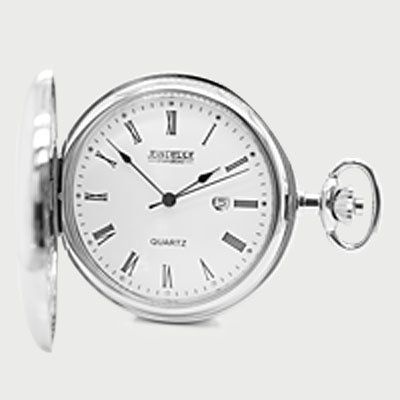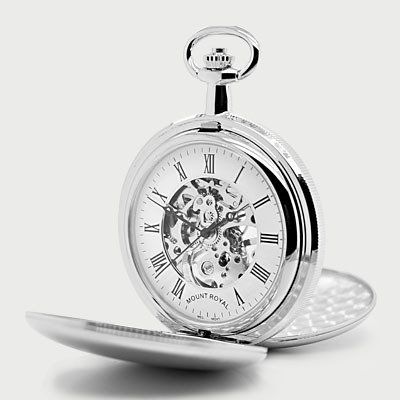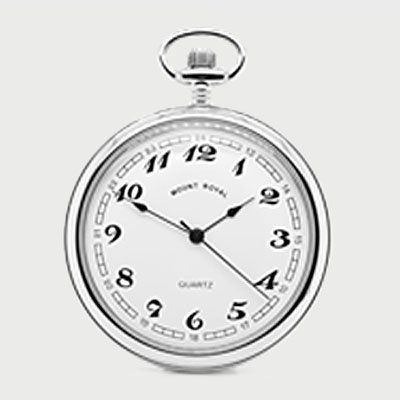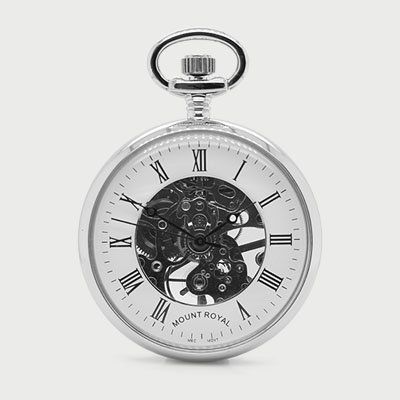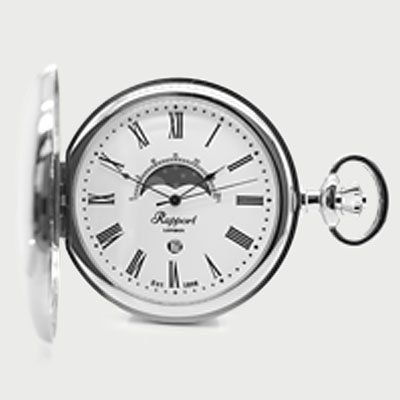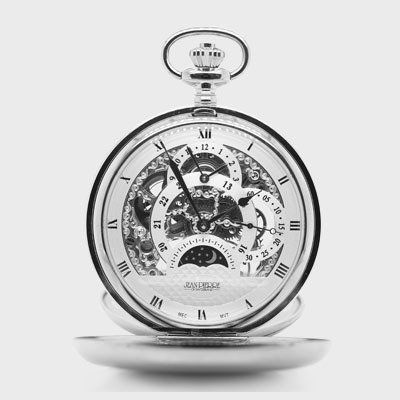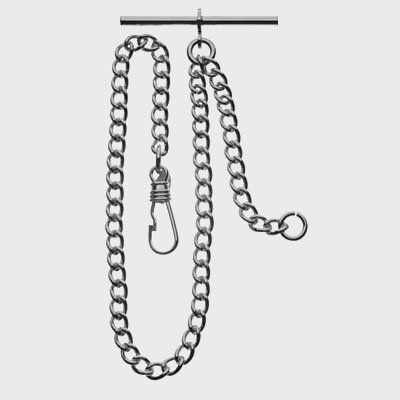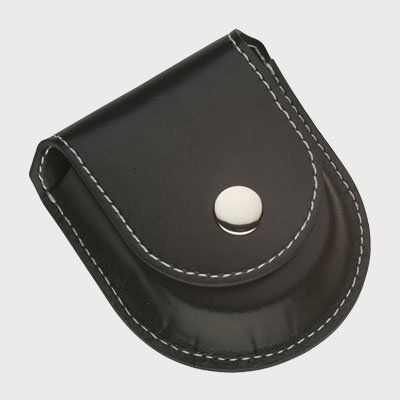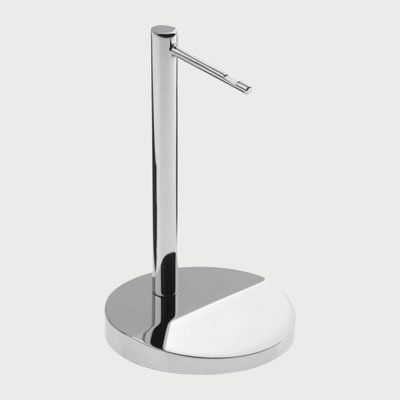How Accurate Is a Pocket Watch?
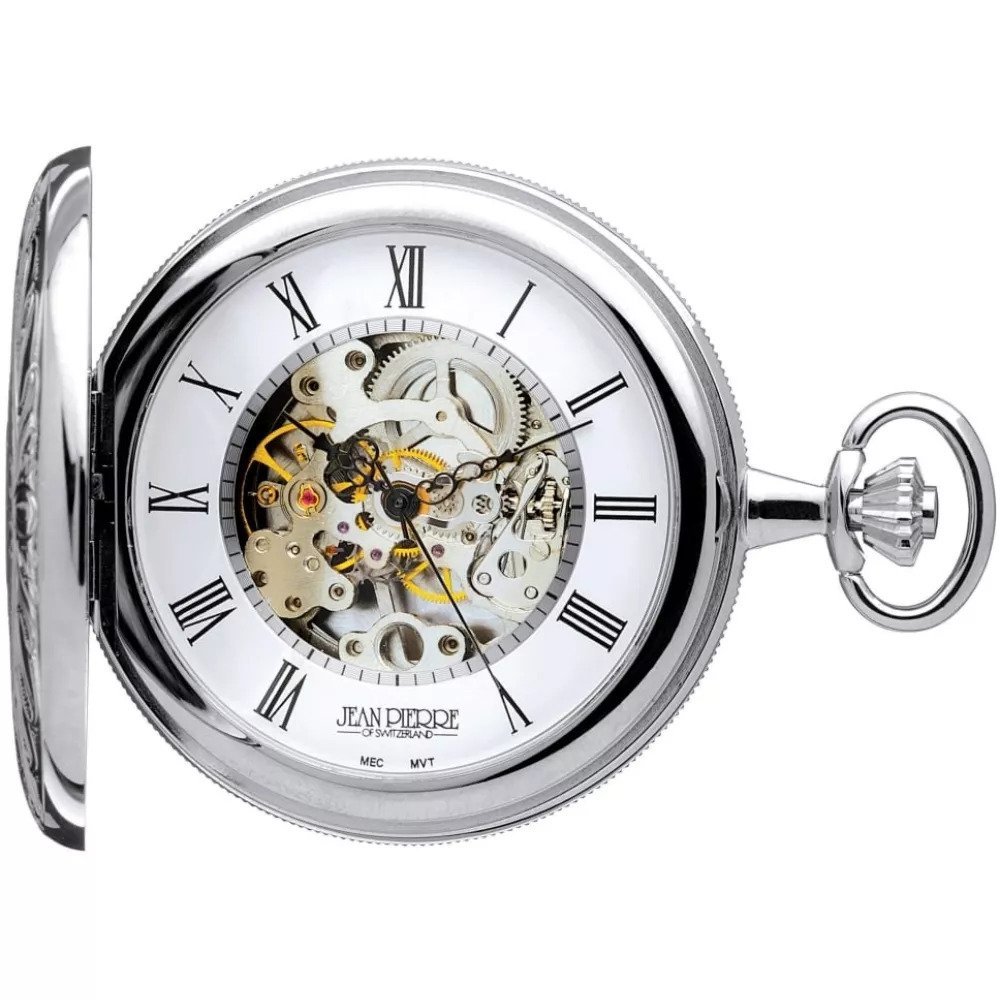
When you’re considering buying a pocket watch, a multitude of different factors will come into play.
Do you want a gold or silver style?
What type of pocket watch is the best?
Which pocket watch chain will you wear with it?
Yes, the style of the pocket watch is important, but at the end of the day you’re purchasing a timepiece, and you want to be certain that it’s fit to tell the time!
The accuracy of a pocket watch is the result of the rate stability of the piece. Rate stability boils down to the simple notion that a watch always beats the same number of times over a given period of time. The stability depends on the oscillator.
If we look at the accuracy of a mechanical pocket watch, typically they have an accuracy rating of +/- 60 seconds within a 24-hour period. The discrepancy in time is due to a number of factors including temperature, humidity, altitude and atmospheric pressure impacting the movement. It is because of this that mechanical pocket watches have to be fully wound with the time reset daily. If the time is not reset, the time displayed could be off by several minutes within a couple of days.
Average accuracy on low-end pocket watches
If properly serviced and cared for, even a low-end pocket watch should be capable of keeping time in the order of a minute a day. If adjusted by a professional, this can be reduced to seconds per day.
How often you need to wind a pocket watch?
A pocket watch should run on time for between 26-30 hours per wind although some modern models can run for over 44 hours. It is vital that mechanical pocket watches are wound every day, ideally at the same time in the morning as pocket watches depend upon the stored energy in the mainspring to power the movement
Can you overwind a mechanical pocket watch?
One of the common myths about mechanical pocket watches is that they can be overwound. Although we definitely would not recommend forcing the watch past the natural point of being ‘fully wound’, the movement itself cannot be overwound. If you have wound your watch and it does not tick, there could be a number of issues with it including crossed hands, escapement issues, balance issues or that the movement needs servicing.
Wristwatch accuracy
The accuracy of a mechanical wristwatch is dependent on several variables. Firstly, gravity! If a watch is laid to rest in a single position, it may gain or lose time. To combat this, the balance wheel is adjusted to compensate for the losses and gains in different positions.
Wristwatches are generally adjusted to between 2-8 positions, these are;
- Dial-Up
- Crown Down
- Dial Down
- Crown Left
- Crown Up
- Crown Right
- Half-way position crown up
- Half-way position crown down
Temperature also plays a part in determining the accuracy of a wristwatch. As temperatures change, many of the parts within the watch will expand and contract, including the balance wheel and hairspring. Modern watches are designed to compensate for this through the materials they are made from so it is not as significant an issue unless you are heading into extreme climates!



